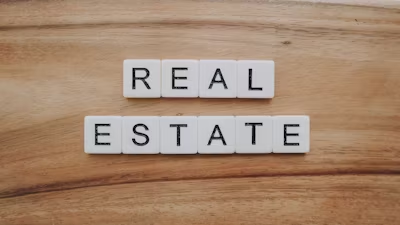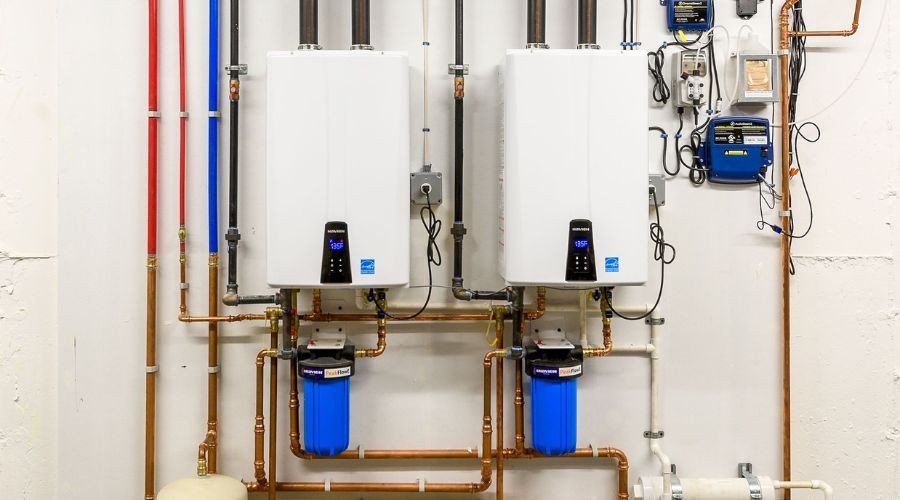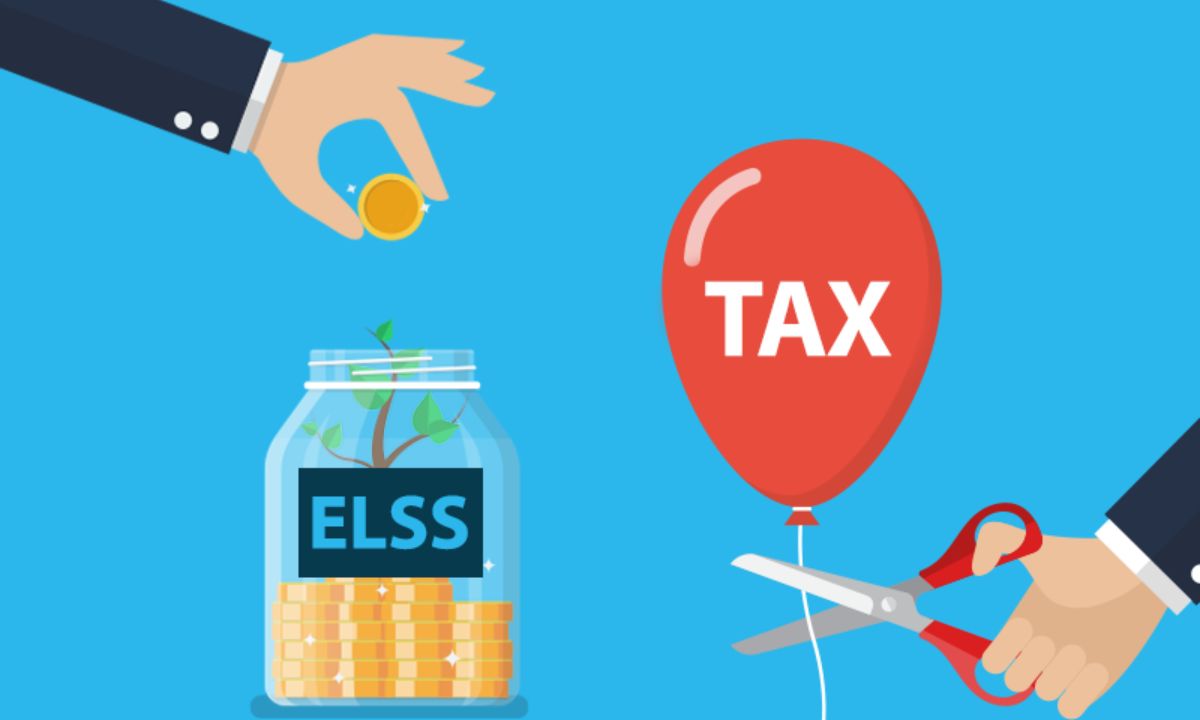The real estate industry has always been a powerful way to build wealth. While buying and renting properties or flipping houses are popular strategies, there is another lesser-known but highly profitable method—wholesale real estate. This approach allows investors to earn significant profits without owning or renovating properties themselves. In this article, we will explore what wholesale real estate is, how it works, its benefits and risks, and tips to succeed in this exciting niche.
What Is Wholesale Real Estate?
Wholesale real estate is a type of investment strategy where an investor, known as the wholesaler, finds a property that is priced below market value—usually because the owner is motivated to sell quickly due to financial hardship, foreclosure, or the property needing repairs. The wholesaler enters into a contract to purchase the property at the agreed-upon price, but instead of closing on the deal themselves, they assign the contract to another buyer (often a rehabber or landlord) for a higher price.
The difference between the contracted price and the price paid by the end buyer is the wholesaler’s profit—called the assignment fee.
For example:
- You agree to buy a property for $120,000.
- You find an investor willing to pay $130,000 for it.
- You assign the contract to them and pocket the $10,000 difference.
You never actually take ownership of the property, and the transaction is completed once the end buyer purchases the property.
How Does Wholesale Real Estate Work?
Wholesale real estate typically follows these steps:
1. Find Motivated Sellers
The first step is to identify property owners who are eager to sell fast. These sellers are often facing foreclosure, bankruptcy, divorce, or they simply don’t want to deal with repairs. Such properties are usually available below market value.
You can find motivated sellers through:
- Direct mail campaigns
- Bandit signs
- Online advertising
- Networking with real estate agents
- Driving around neighborhoods to look for distressed properties
2. Get the Property Under Contract
Once you find a suitable property, you negotiate a purchase price with the seller and sign a purchase agreement. This contract should include a clause that allows you to assign the contract to another buyer.
3. Find a Cash Buyer
Next, you need to find an end buyer—often a real estate investor—who is interested in purchasing the property at a price higher than your contract price. Many wholesalers build a list of cash buyers before they start so they can quickly market their deals.
4. Assign the Contract
You and the end buyer sign an assignment agreement, transferring your rights in the original purchase contract to them. At closing, the buyer pays the agreed-upon price, the seller gets their portion, and you receive your assignment fee.
Why Choose Wholesale Real Estate?
Wholesale real estate offers several advantages compared to other investing strategies:
Low Barrier to Entry
You don’t need to save for a large down payment or get a mortgage because you’re not actually buying the property. This makes it accessible to people with limited capital.
No Property Ownership
Since you don’t own the property, you avoid responsibilities such as paying property taxes, maintaining the home, or making repairs.
Fast Turnaround
Wholesaling deals can close in a matter of weeks, making it much quicker than flipping or renting properties.
Learning Experience
Wholesaling teaches you valuable skills like negotiation, market analysis, and building a buyers list, which can help you progress into other forms of real estate investing.
Risks and Challenges of Wholesale Real Estate
While wholesaling can be profitable, it is not without its risks and challenges:
Legal Restrictions
Some states have strict laws about assigning contracts or require wholesalers to have a real estate license. It’s crucial to understand your local laws before starting.
Finding Deals
Competition can be fierce, and it takes effort and persistence to find truly motivated sellers willing to sell below market value.
Building a Buyers List
Without a network of cash buyers, you may struggle to assign contracts quickly. Building relationships with investors is key.
Reputation Management
If you back out of contracts or fail to close deals, it can hurt your reputation in the industry. Always act professionally and ethically.
Tips to Succeed in Wholesale Real Estate
Here are some actionable tips to help you thrive as a real estate wholesaler:
Educate Yourself
Before diving in, learn as much as you can about real estate investing, contracts, and your local market. Many free and paid resources are available online and in books.
Build a Buyers List
Start networking with investors, attending local real estate meetings, and using online platforms to create a list of people ready to buy.
Master Marketing
Learn how to generate leads effectively. Use strategies like direct mail, social media ads, and bandit signs to attract motivated sellers.
Analyze Deals Accurately
You need to understand property values in your market to ensure the deal is attractive to your end buyers. Use tools like the Multiple Listing Service (MLS), real estate websites, or consult agents to estimate property values and repair costs.
Work with Professionals
Partner with real estate agents, attorneys, and title companies familiar with wholesale transactions. They can help you navigate legal and logistical hurdles.
Who Is Wholesale Real Estate Best For?
Wholesale real estate is ideal for:
- Beginners who want to get started in real estate with little money.
- Entrepreneurs who enjoy sales, marketing, and negotiation.
- People who want to learn the business while building capital to invest in rental properties or flips later on.
However, it may not suit those who dislike negotiating or have no time to build relationships and market themselves.
Final Thoughts
Wholesale real estate offers a unique opportunity to earn money in real estate without owning or fixing properties. By finding motivated sellers, negotiating contracts, and connecting with end buyers, you can create win-win situations for everyone involved.
Success in wholesaling comes down to education, persistence, and strong networking. If you’re willing to put in the work, you can build a profitable business and even use it as a stepping stone to other real estate ventures.
Whether you’re looking for extra income, a full-time career, or a way to break into the real estate world, wholesale real estate is a strategy worth considering.










